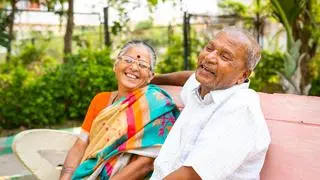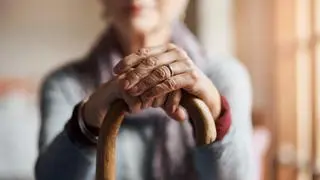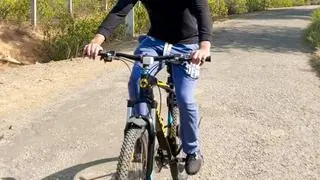Nearly two decades ago, I founded an NGO and persuaded a recent college graduate, who was overflowing with infectious enthusiasm, to become its CEO. Together, *Rhea Lobo and I launched several impactful youth-focused programmes till her health took a turn for the worse. She discovered she had tuberculosis (TB). We arranged for her to take time off for treatment and work part-time whenever she was able. Her indomitable spirit helped her recover and go on to graduate school, raise a family, make award-winning films, and become a crusader for TB eradication.
This experience alerted me that TB was not just prevalent in India but also affected any section of society. I learned that women feel the social consequences of the disease more. Multiple barriers like stigma, fear of discrimination, and deprioritised healthcare negatively influence women’s health-seeking behaviour.
An AIIMS study showed that of 23 lakh outpatients, only 37 per cent were women. Women with TB face rejection and are expected to continue their daily activities instead of taking care of their physical and mental health.
The Covid-19 pandemic and subsequent lockdowns worsened the situation.
Other diseases were deprioritised, and many affected with TB could not access treatment. As the Ministry of Health and Family Welfare data shows, in June 2020 there was a 26 per cent reduction in TB notifications, compared to pre-lockdown periods.
The pandemic has undone years of progress in the area of TB treatment and eradication. Therefore, we must devise people-centric strategies to ensure TB eradication remains a priority.
One way is to learn from the real-life experiences of those who have recovered, as also their family members, on what can be done to assist those affected by the disease.
On-ground interventions must identify, encourage, and empower people to share their stories. This can help us break misinformation and tackle the stigma that people with TB and their families face. Such measures will be of immense help in our quest to combat TB.
(* Lobo was formerly with this paper)
The writer is a former member of Parliament. Views are personal








Comments
Comments have to be in English, and in full sentences. They cannot be abusive or personal. Please abide by our community guidelines for posting your comments.
We have migrated to a new commenting platform. If you are already a registered user of TheHindu Businessline and logged in, you may continue to engage with our articles. If you do not have an account please register and login to post comments. Users can access their older comments by logging into their accounts on Vuukle.